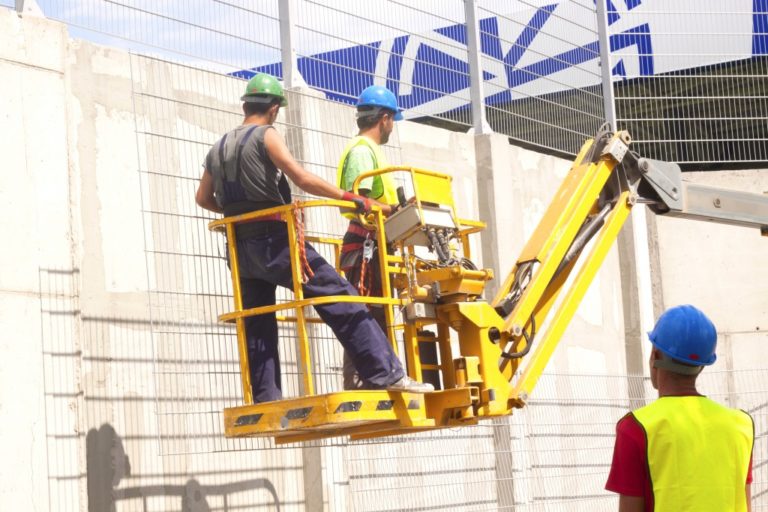In 2015, it was noted that there were 37 death and 2,830 occupational illnesses and injuries attributed to environmental heat exposure, with majority of the deaths occurring during the summer, between June and September in America. Construction is already considered as among the leading industries with the most workplace injuries according to the National Safety Council, and the summer heat seems to contribute more to these incidents. This is why it’s important for workers and the construction firms to double down on safety during the hotter days of the year.
Heat Risks in Construction
But before we get into the summer safety tips, it’s important that you’re aware of the possible risks while working in the summer heat:
Heat Stroke.The most common heat-related incident would be heatstroke which occurs when the body is exposed to extremely high temperature, resulting in a fever and/or loss in consciousness as well as headache and nausea.
Heat Exhaustion. Next would be heat exhaustion which is technically a milder version of heatstroke characterized by intense sweating, dizziness and fatigue, and headaches, but it can turn into a heat stroke if left untreated.
Severe Sunburn. Lastly, construction workers would have to deal with severe sunburns — long and unprotected exposure in the sun can lead to severe sunburn which usually results in the worker being rushed to the hospital burn unit to be treated.
Safety Tips

Be Hydrated, and Always Have Access to Water. The most important and basic way to protect yourself from any heat illness is to ensure that you’re constantly hydrated. You’ll be losing a lot of water from the heat, so it’s important to take a hydration break as frequently as possible. If you can, bring a bottle of water with you, if not, make sure that there’s drinking water nearby. It’s best that you talk to your supervisor if there is lack of accessible water in the construction site, as well.
Dress Appropriately. It’s important that you still wear your personal protective equipment on the job, but it’s just as important to be dressed for the heat as well. See if the construction company/firm can provide summer safety gear which is, as the name suggests, modified safety gear that is designed for those working during the summer — such as mesh safety vests, full-brim hard hats, and sweatbands. You should also be wearing lighter-colored and breathable clothing underneath the gear as well as sunglasses.
Take Some Breaks. When working in construction is tiresome, but adding the heat would cause your body to tire much easily. While it’s important to meet deadlines and finish tasks according to schedule, your safety should be a priority. So take a break frequently, drink water, and rest in the shade between heavy bouts of work. Don’t push yourself too much or else you’d risk suffering from heat exhaustion or worse.
Avoid Chilled Beverages. As much as it is tempting to buy a cold bottle of soda or downing a big glass of water with ice, it’s recommended that you only drink room temperature water. Not only is it better for digestion and performance, but chilled/cold drinks would actually result in the blood vessels in your stomach to shrink, subsequently reducing your body’s fluid absorption. Additionally, drinking too many cold liquids would lead to abdominal pain, diarrhea, and even constipation.
Conclusion
Working in a construction firm or project as a construction worker during the summer can be hazardous due to the heat and the heat ailments that come with it. As such, it’s important to take the necessary precautions to avoid such conditions. However, if you or a loved one ever do end up suffering from injuries or getting into a workplace accident due to dizziness/lightheadedness while working under the summer heat, make sure to get legal help from construction accident law firms to ensure full insurance coverage and lost wage compensation.






